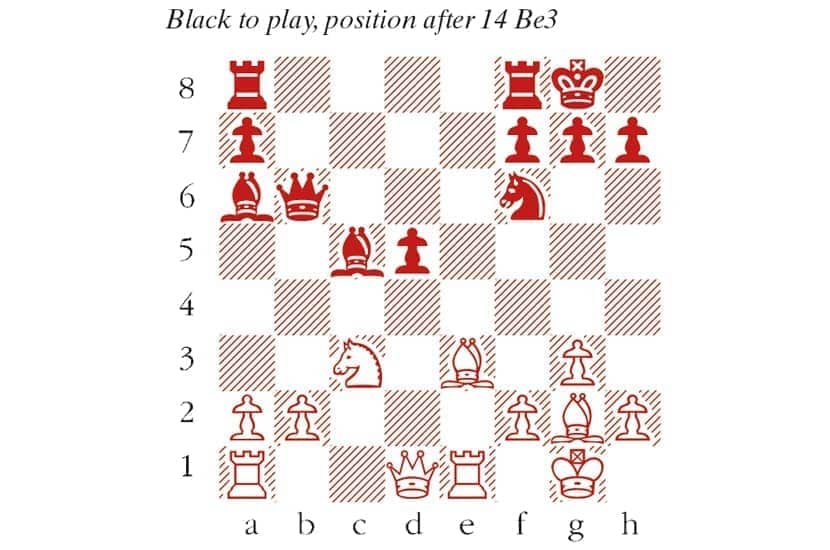Recently, with some regret, I declined an invitation to play chess in the Netherlands. I fancied the trip, but alas it made little sense to commit to what would have been a fleeting visit. Travel hurdles have become a Rumsfeldian ‘known unknown’, and sure enough, that country was in lockdown not a week later, requiring quarantine on entry from the UK regardless of vaccination status. Would they ease restrictions in time? It was a relief not to have to think about it.
I was mildly bitten last summer, when my plans to play in Germany were left in limbo a couple of months before the start. Owing to what was then called the ‘Indian variant’, travel from the UK was temporarily verboten. But how long would it last? The organisers kindly tried to seek an exemption, but a few days before the start we agreed that it was easier to replace me. Of course, twiddling my thumbs at home was little hardship compared with those who aborted holidays, or were blocked from visiting ill relatives.
As I write this, Novak Djokovic seems to have been given the all-clear to enter Australia. But starting the event can be just a partial victory. At last year’s Fide World Cup in Russia, the Indonesian grandmaster Susanto Megaranto was not the only player frustrated by a positive test, but he was perhaps the most unfortunate. The plan was to deliver test results before the games, but Megaranto’s was delayed, and he was 15 moves into his game against the second seed Fabiano Caruana before he was forfeited.
Hikaru Nakamura is a strong contender at the world rapid and blitz championships, which were held in Warsaw after Christmas. But his chances in the blitz were scuppered by a positive test which forced him to withdraw early and undergo quarantine before returning home to the US. Perhaps he could have considered the measure taken by top badminton pro Viktor Axelsen, from Denmark, who last year tested positive while in Ukraine. Quarantine would have messed up his training, so Axelsen hired a private ambulance jet and travelled home in a plastic isolation bubble.
The London Chess Classic, held in December, was reassuringly close to home. In the main event I played in an England team alongside Michael Adams and Gawain Jones, taking on a ‘Rest of the World’ trio of the reigning Russian champion Nikita Vitiugov, the former world championship challenger Boris Gelfand from Israel, and Maxime Lagarde, an exceptionally imaginative French grandmaster. I faced the latter in my first game, but walked into a vicious trap after the opening.
When I played 14 Be3 (see diagram), I mistakenly believed that the pawn fork with d5-d4 could be met by a counterattack on the queen. When the pawn promoted on e1, I found it darkly amusing to notice that this explosive unit began the game on b7!
Luke McShane-Maxime Lagarde
London Chess Classic, December 2021
1 e4 c5 2 Nf3 e6 3 g3 d5 4 exd5 exd5 5 d4 cxd4 6 Nxd4 Nc6 7 Bg2 Bc5 8 Nxc6 bxc6 9 O-O Nf6 10 c4 O-O 11 cxd5 Ba6 12 Re1 cxd5 13 Nc3 Qb6 14 Be3? (see diagram) Instead, 14 Qc2 Rae8 favours Black, but there is all to play for. d4! 15 Na4 This is the move I was counting on, but I had forgotten that the queen doesn’t have to move.dxe3! 16 Nxb6 16 Rxe3 Rad8! is no better, e.g. 17 Nxb6 Rxd1+ 18 Rxd1 Bxe3 19 fxe3 axb6. exf2+ 17 Kh1 fxe1=Q+ 18 Qxe1 Bxb6 19 Bxa8 Rxa8 On paper, queen against two bishops and knight might be a fair fight. Here, the minor pieces are utterly dominant. 20 h3 Preparing to sidestep after Ba6-b7+, but the relief is only temporary. Re8 21 Qd1 Re2 White resigns






Comments